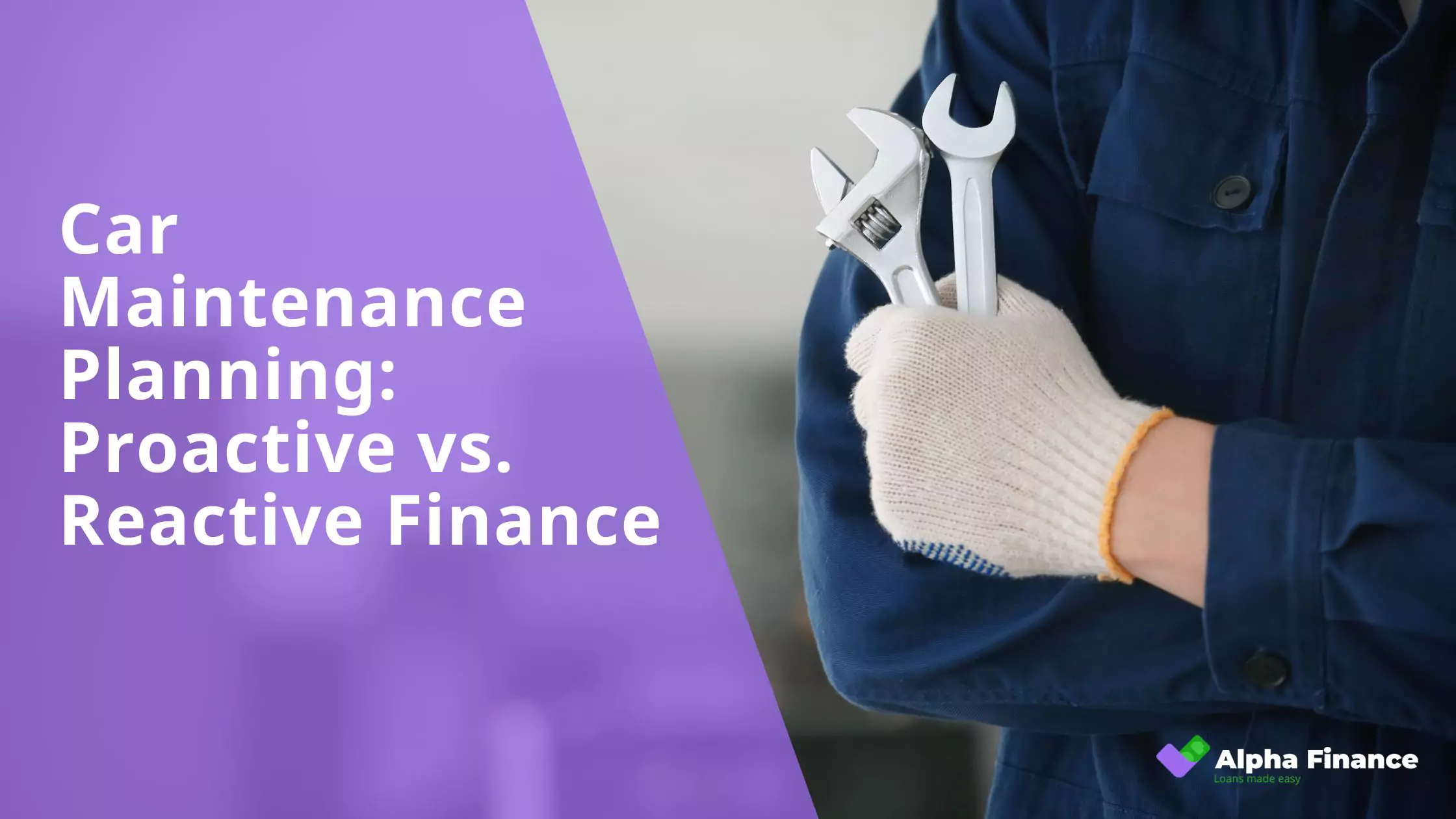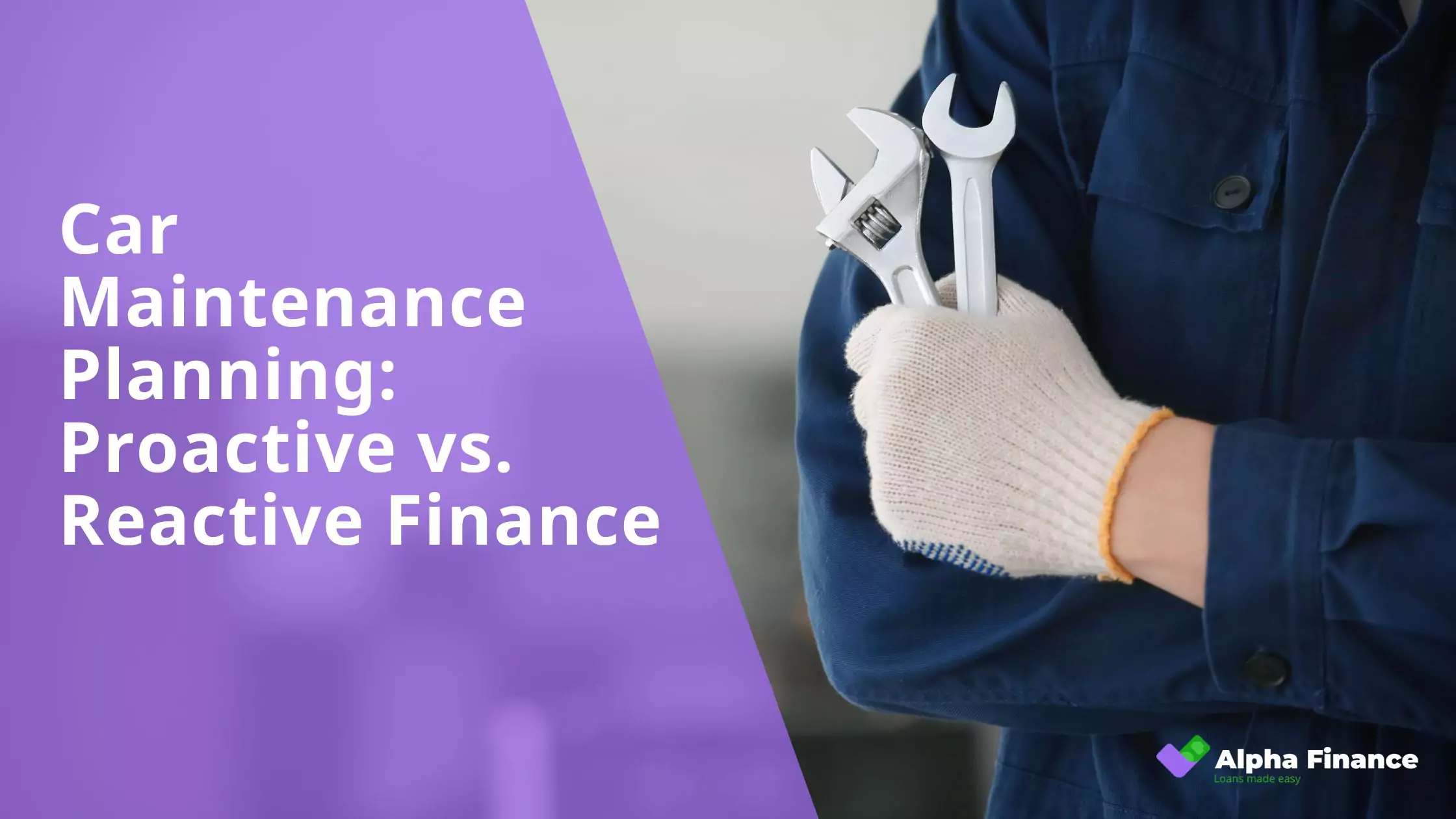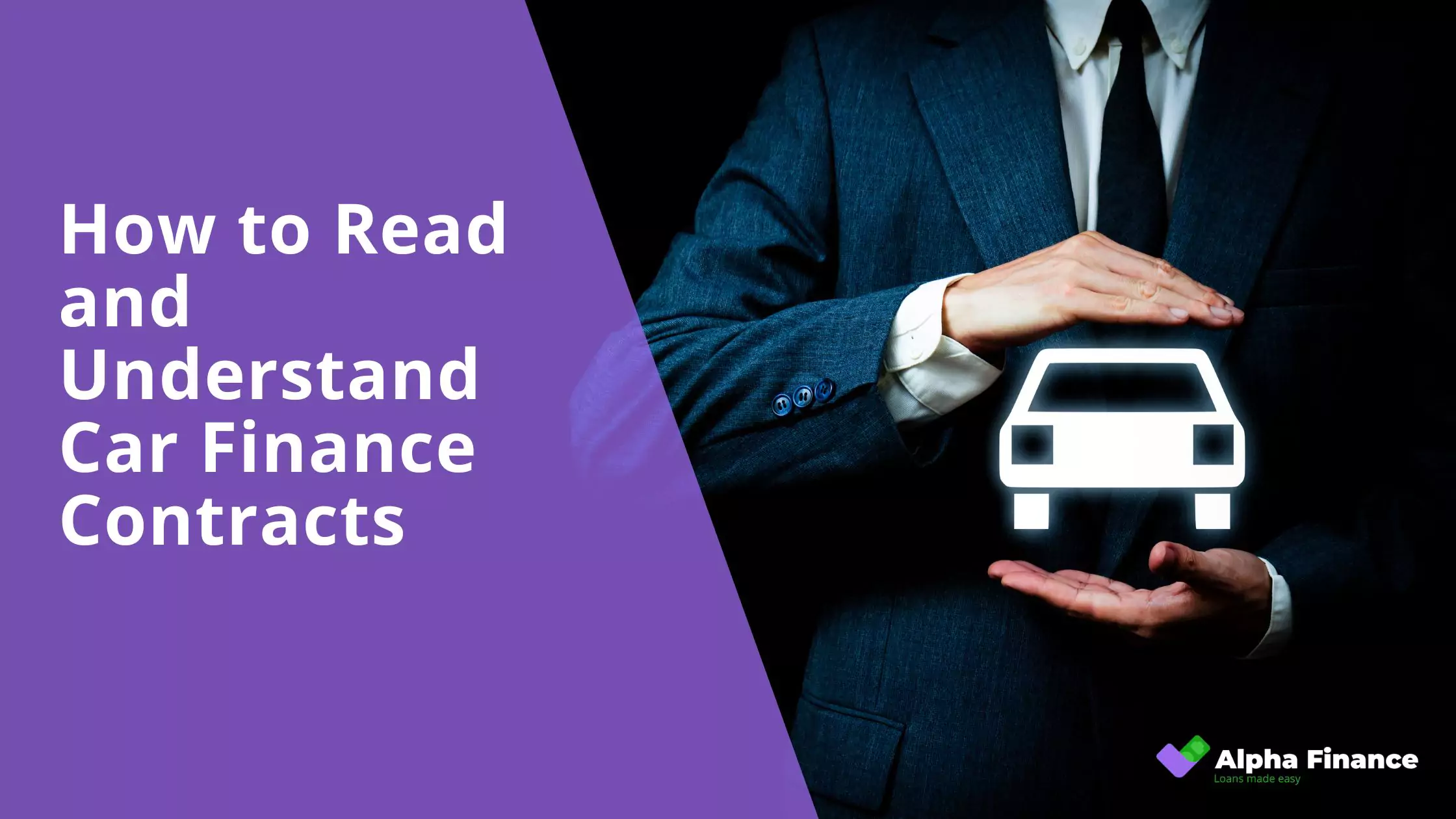Many Australians focus solely on the sticker price and monthly loan repayments when considering car ownership. However, the true cost of driving extends far beyond these initial figures. A comprehensive car ownership budget must account for a range of expenses, from insurance and registration to fuel and maintenance. Neglecting these additional costs can lead to financial strain and unexpected burdens. This article aims to guide readers in creating a realistic car ownership budget that encompasses all potential expenses, ensuring they are fully prepared for the financial realities of owning a vehicle.
Calculating Fixed Car Ownership Costs
Fixed car ownership costs are those expenses that remain relatively consistent month to month or annually. Accurately calculating these costs is crucial for creating a stable and reliable budget.
-
Loan Payments:
- To accurately calculate your monthly loan payments, utilise online car loan calculators. These tools allow you to input the loan amount, interest rate, and loan term to determine your monthly repayment figure.
- Carefully review your loan terms and interest rate before committing to a loan. Pay close attention to any fees or charges that may be included.
- Remember that interest rates can fluctuate, so factor in potential changes when estimating your long-term costs.
-
Insurance Premiums:
- Obtaining accurate insurance quotes is essential for budgeting purposes. Contact multiple insurers to compare prices and coverage options.
- Factors such as the type of vehicle, your driving history, and your location can significantly affect insurance premiums.
- Consider the level of coverage you need (e.g., comprehensive, third-party) and factor in any potential excess payments.
-
Registration and Taxes:
- Vehicle registration fees and applicable vehicle taxes vary by state and territory.
- Consult your local state government’s transportation website to determine the accurate costs for your specific vehicle and location.
- Factor in any annual or periodic registration renewal fees.
Estimating Variable Car Ownership Costs
Variable car ownership costs are those expenses that fluctuate depending on your driving habits and car maintenance needs. Accurately estimating these costs is crucial for avoiding unexpected financial burdens.
-
Fuel Expenses:
- Estimate your fuel costs based on your average weekly or monthly mileage and the fuel efficiency of your vehicle (litres per 100km).
- Track your mileage and fuel consumption to get a more accurate picture of your fuel expenses.
- Factor in potential fluctuations in fuel prices, as these can significantly impact your overall costs.
-
Maintenance and Repairs:
- Regular maintenance, such as oil changes, tire rotations, and servicing, is essential for keeping your car in good condition.
- Budget for these routine maintenance costs and set aside funds for potential unexpected repairs or emergencies.
- Research typical repair costs for your vehicle model and consider purchasing an extended warranty or roadside assistance plan.
-
Tolls and Parking:
- If you regularly use toll roads or require paid parking, factor these costs into your budget.
- Explore alternative transportation options, such as public transport or cycling, to reduce these costs.
- Investigate toll passes or parking permits that may offer discounts.
-
Cleaning and Detailing:
- Car cleaning and detailing costs should be included in your budget, especially if you prefer professional services.
- Consider DIY car cleaning to save money.
- Factor in the cost of car washing supplies, and any occasional detailing.
Creating Your Car Ownership Budget
Creating a comprehensive car ownership budget requires diligent tracking and careful planning.
-
Track Your Expenses:
- Utilise budgeting apps or spreadsheets to track all car-related expenses, both fixed and variable.
- Categorise your expenses to gain insights into your spending patterns.
- Accuracy and consistency are essential for creating a reliable budget.
-
Allocate Funds:
- Allocate a specific portion of your income for car-related expenses, ensuring it aligns with your estimated costs.
- Create separate categories for fixed and variable costs to better manage your budget.
- Consider setting up automatic transfers to a dedicated car expense account.
-
Build an Emergency Fund:
- An emergency fund is crucial for covering unexpected car repairs or other unforeseen expenses.
- Set aside a portion of your budget for emergencies, aiming to have at least three to six months’ worth of car-related expenses saved.
-
Regularly Review and Adjust:
- Regularly review and adjust your car ownership budget based on changing circumstances, such as fluctuations in fuel prices, insurance rates, or maintenance costs.
- Monitor your spending patterns and make necessary adjustments to ensure your budget remains realistic and sustainable.
- As your car ages, you may need to increase your maintenance budget.
Strategies for Reducing Car Ownership Costs
-
Fuel-Efficient Driving:
- Adopting fuel-efficient driving habits can significantly reduce your fuel consumption and save you money.
- Avoid aggressive acceleration and braking, maintain a consistent speed, and anticipate traffic flow.
- Regular vehicle maintenance, such as tire pressure checks and oil changes, can also improve fuel efficiency.
-
Shop Around for Insurance:
- Comparing insurance quotes from multiple providers is crucial for finding the best rates.
- Explore discounts, such as multi-policy discounts or safe driver discounts.
- Consider bundling your car insurance with other insurance policies, such as home insurance, to save money.
-
DIY Maintenance:
- Performing basic maintenance tasks, such as oil changes, filter replacements, and tire rotations, can save you money on labor costs.
- Learn basic car maintenance skills through online tutorials or workshops.
- Always prioritise safety and consult your vehicle’s manual before attempting any DIY maintenance.
-
Public Transportation and Carpooling:
- Exploring alternative transportation options, such as public transport, cycling, or walking, can reduce your car usage and save you money on fuel, parking, and maintenance.
- Consider carpooling with colleagues or friends to share driving costs.
- Investigate public transport passes or carpooling apps that may offer discounts.
The Impact of Car Depreciation
-
Understanding Depreciation:
- Cars are depreciating assets, meaning they lose value over time.
- The rate of depreciation varies depending on the vehicle’s make, model, age, and condition.
- Understanding depreciation is crucial for financial planning and resale considerations.
-
Planning for Resale:
- Knowing your vehicle’s depreciation rate can help you plan for future resale.
- Consider the potential resale value when purchasing a car, as this can impact your overall ownership costs.
- Maintain your vehicle’s condition and keep accurate service records to maximise its resale value.
-
Choosing Vehicles with Good Resale Value:
- Some vehicle makes and models are known for retaining their value better than others.
- Research vehicles with good resale value before making a purchase.
- Consider factors such as reliability, fuel efficiency, and popularity when choosing a vehicle.
Conclusion
Creating a comprehensive car ownership budget is essential for achieving financial peace of mind. It involves accurately calculating fixed costs like loan payments, insurance, and registration, while also estimating variable expenses such as fuel, maintenance, and tolls. By meticulously tracking expenses, allocating funds, and building an emergency fund, you can effectively manage the financial realities of car ownership. Remember, regular budget reviews and adjustments are crucial for adapting to changing circumstances and ensuring your financial stability. Empowering yourself with knowledge and taking proactive steps towards responsible budgeting will allow you to enjoy the benefits of car ownership without compromising your long-term financial goals.
Unlock Your Dream Car: Alpha Finance
At Alpha Finance, we understand that purchasing a car is a significant financial decision. That’s why we’re committed to providing transparent and responsible car financing solutions that empower you to make informed choices. By creating a realistic car ownership budget, as outlined in this guide, you can confidently navigate the financing process and secure a loan that aligns with your financial capabilities. Alpha Finance offers competitive interest rates, flexible loan terms, and personalised support to help you unlock your dream car without jeopardising your financial well-being. Contact Alpha Finance today to explore your car financing options and drive towards a future of financial security and peace of mind.




